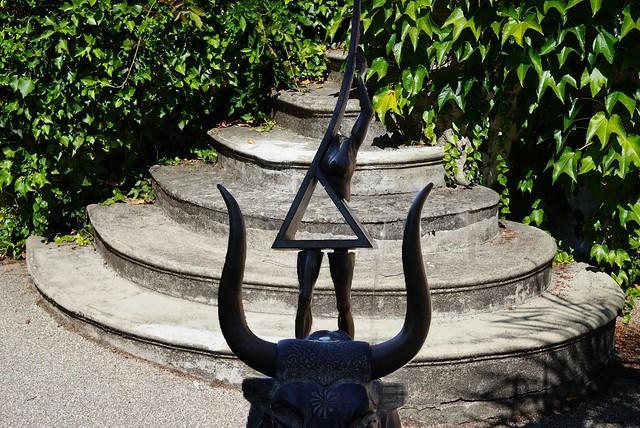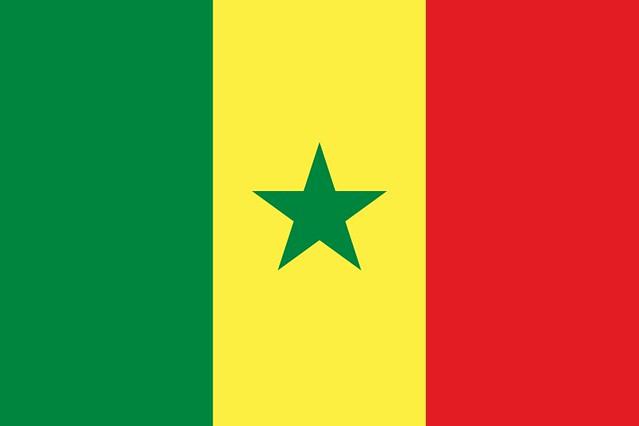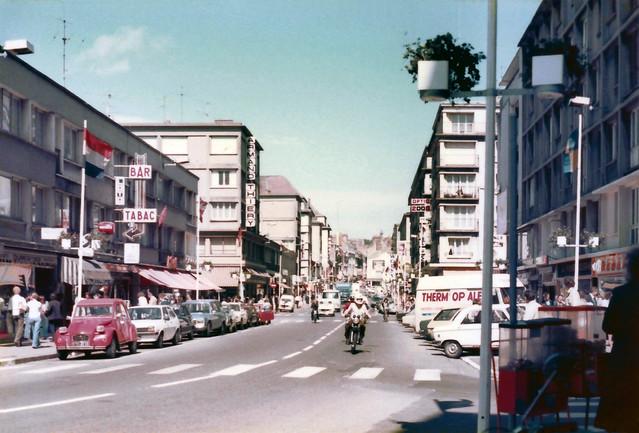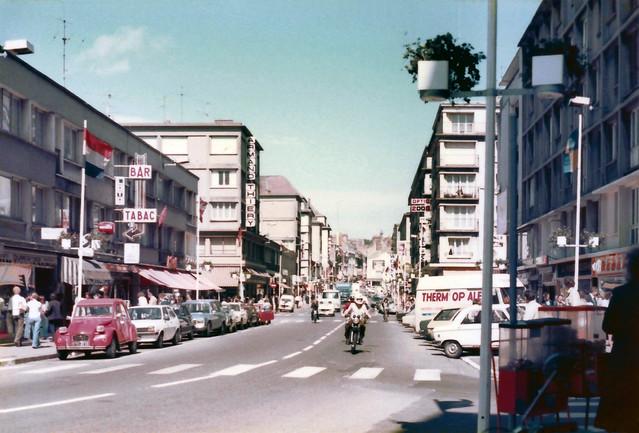
Fatick Department
Overview
Overview of Fatick Department
Nestled in the heart of Senegal, the Fatick Department is a region that embodies the rich cultural tapestry and historical legacy of the country. Known for its vibrant atmosphere, Fatick is characterized by its friendly locals, bustling markets, and colorful street life. As you wander through the streets, you'll be greeted by the warm smiles of residents who take pride in their heritage, welcoming travelers with the genuine hospitality that Senegal is famed for. The department's capital, also named Fatick, serves as a vibrant hub, where traditional Senegalese culture seamlessly intertwines with more modern influences.
Cultural Significance
Fatick is steeped in cultural significance, particularly as a center of the Serer ethnic group, one of the largest ethnic communities in Senegal. The Serer people have a rich tradition of music, dance, and storytelling, which are integral to their social fabric. Visitors can experience the pulsating rhythms of traditional drumming and the elegant movements of the Serer dance during local festivals, which are often held in the streets, showcasing the community's artistic expressions. Additionally, the region is known for its unique oral traditions, passed down through generations, allowing travelers to immerse themselves in the stories that shape the identity of the Serer people.
Historical Background
Historically, Fatick has been an important area for trade and agriculture, benefiting from its proximity to the Gambia River and fertile lands. The region played a crucial role during the colonial period, as it was a strategic point for trade routes. Today, the remnants of this history can be seen in the architecture and layout of the town, where colonial influences blend with traditional Senegalese designs. Notably, the nearby historical sites, such as the ancient Serer burial grounds, offer a glimpse into the past and are a testament to the enduring legacy of the Serer civilization.
Local Characteristics
The markets of Fatick are a must-visit for any traveler seeking to experience the local way of life. The bustling marketplace is filled with vendors selling everything from fresh produce and spices to handcrafted goods and textiles. Here, you can engage with local artisans, learn about their crafts, and perhaps even pick up a unique souvenir. The atmosphere is lively, filled with the sounds of bargaining and the aroma of traditional Senegalese dishes, such as thieboudienne (a rice and fish dish), waakye (rice and beans), and various local fruits.
Natural Beauty
In addition to its cultural and historical richness, the Fatick Department is blessed with stunning natural landscapes. The region is dotted with picturesque villages and lush greenery, offering opportunities for eco-tourism and outdoor activities. The nearby Saloum Delta, a UNESCO World Heritage site, is a haven for birdwatchers and nature enthusiasts, boasting diverse ecosystems and a wealth of wildlife. Visitors can enjoy boat rides through mangrove forests, spot rare bird species, and even engage with local fishing communities to understand their sustainable practices.
Conclusion
Traveling to Fatick Department provides an authentic glimpse into Senegalese life, where history, culture, and community converge. Whether you are drawn by the rich traditions of the Serer people, the vibrant marketplaces, or the stunning natural landscapes, Fatick promises an enriching experience that will leave a lasting impression on any traveler. It is a destination that invites exploration, connection, and discovery, making it a must-see on your journey through Senegal.
Other towns or cities you may like in Senegal
Explore other cities that share similar charm and attractions.





